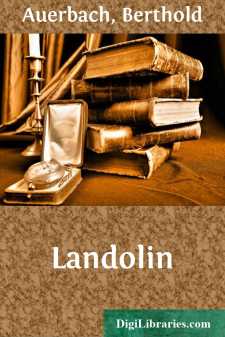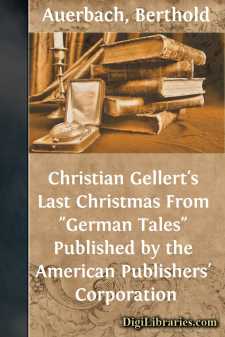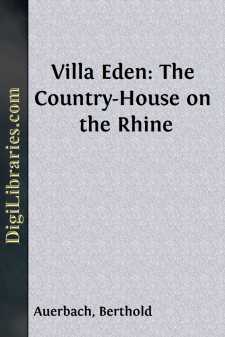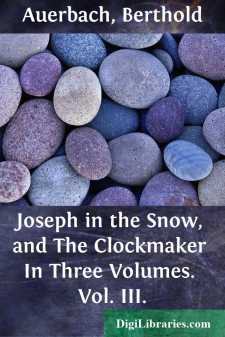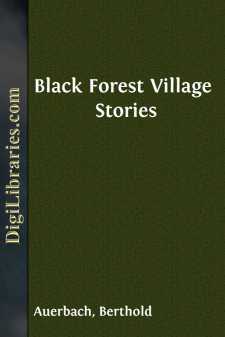Categories
- Antiques & Collectibles 13
- Architecture 36
- Art 48
- Bibles 22
- Biography & Autobiography 813
- Body, Mind & Spirit 142
- Business & Economics 28
- Children's Books 14
- Children's Fiction 11
- Computers 4
- Cooking 94
- Crafts & Hobbies 4
- Drama 346
- Education 46
- Family & Relationships 57
- Fiction 11829
- Games 19
- Gardening 17
- Health & Fitness 34
- History 1377
- House & Home 1
- Humor 147
- Juvenile Fiction 1873
- Juvenile Nonfiction 202
- Language Arts & Disciplines 88
- Law 16
- Literary Collections 686
- Literary Criticism 179
- Mathematics 13
- Medical 41
- Music 40
- Nature 179
- Non-Classifiable 1768
- Performing Arts 7
- Periodicals 1453
- Philosophy 64
- Photography 2
- Poetry 896
- Political Science 203
- Psychology 42
- Reference 154
- Religion 513
- Science 126
- Self-Help 84
- Social Science 81
- Sports & Recreation 34
- Study Aids 3
- Technology & Engineering 59
- Transportation 23
- Travel 463
- True Crime 29
Edelweiss A Story
Description:
Excerpt
CHAPTER I.
A GOOD NAME.
"She was an excellent woman."
"Yes, there are few such left."
"She was one of the old school."
"Go to her when you would, her help and counsel were always ready."
"And how much she went through! She buried her husband and four children, yet was always brave and cheerful."
"Ah, Lenz will miss her sorely. He will find out now what a mother he had."
"Nay, he knew that in her lifetime. His devotion to her was unbounded."
"He must be thinking of marrying soon."
"He can choose whom he will. Any house would be glad to receive such a capable, excellent fellow."
"A pretty property he must have too."
"Besides being the only heir of his rich uncle Petrovitsch."
"How beautiful the singing of the Liederkranz was! It thrilled me through and through."
"And how it must have affected Lenz! He has always before sung with them, and his voice was one of the best."
"Did you notice he did not shed a tear while the minister was preaching; but when his friends began to sing, he cried and sobbed as if his heart would break."
"This is the first funeral that has not driven old Petrovitsch out of the town. It would have been shameful in him not to have paid the last honors to his own brother's wife."
So the people talked as they went their several ways through the valley and up the mountains. All were dressed in sober clothes, for they were coming from a funeral. Near the church in the valley, where stand a few thinly scattered houses, the Lion Inn conspicuous among them, the widow of the clock-maker Lenz of the Morgenhalde had been buried. All had a good word for her; and their sad faces showed that each had met with a personal loss in the good woman's death. As every fresh grief reopens the old wounds, the villagers had turned from the newly covered grave to visit those of their own loved ones, and there had prayed and mourned for the departed.
We are in the clock-making district, among those wooded hills that send their streams to the Rhine on one side and the Danube on the other. The inhabitants are by nature quiet and thoughtful. The women far outnumber the men, many of whom are scattered through all parts of the world, engaged in the clock trade. Those who remain at home are pale from their close confinement at work. The women, on the contrary, who labor in the field are bright and rosy, while a pretty air of demureness is imparted to their faces by the broad black ribbons they wear tied under the chin.
Agriculture is practised on a small scale. With the exception of a few large farms, it is limited to a scanty tillage of the meadows. In some places a narrow belt of trees runs down to the brook at the very bottom of the valley; in others, again, a tall, bare pine, on the edge of a meadow, shows that field and garden-patch have been wrested from the forest. The ash-trees, whose branches are stripped every year to furnish food for the goats, look like elongated willows. The village, or rather the parish, stretches out miles in length. The houses are built of whole trunks of trees, dovetailed together, and are sprinkled over mountain and valley....




